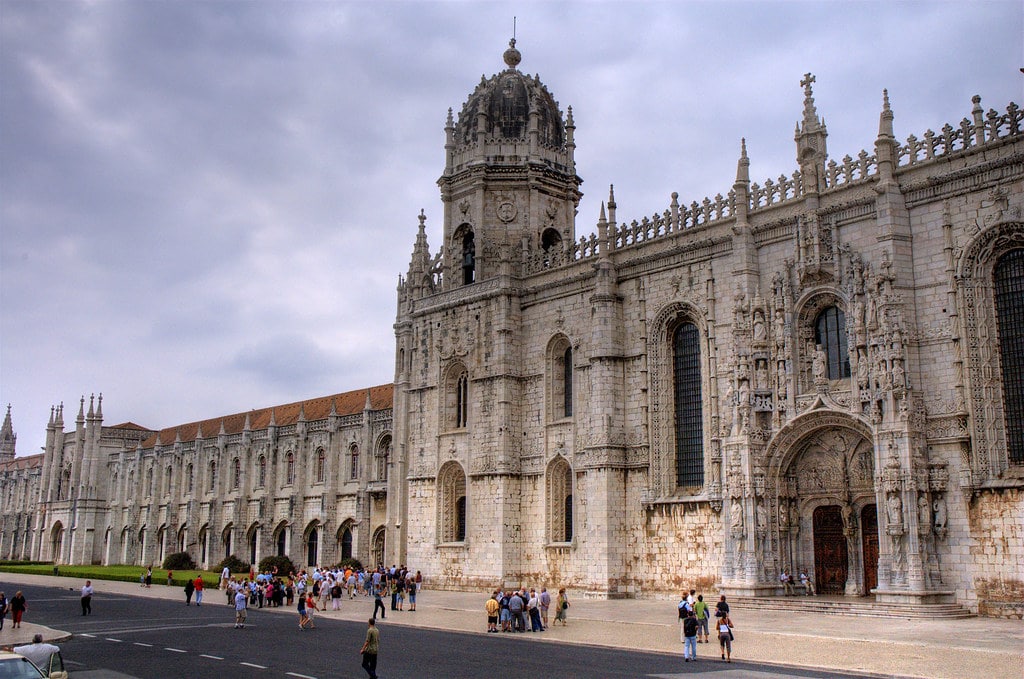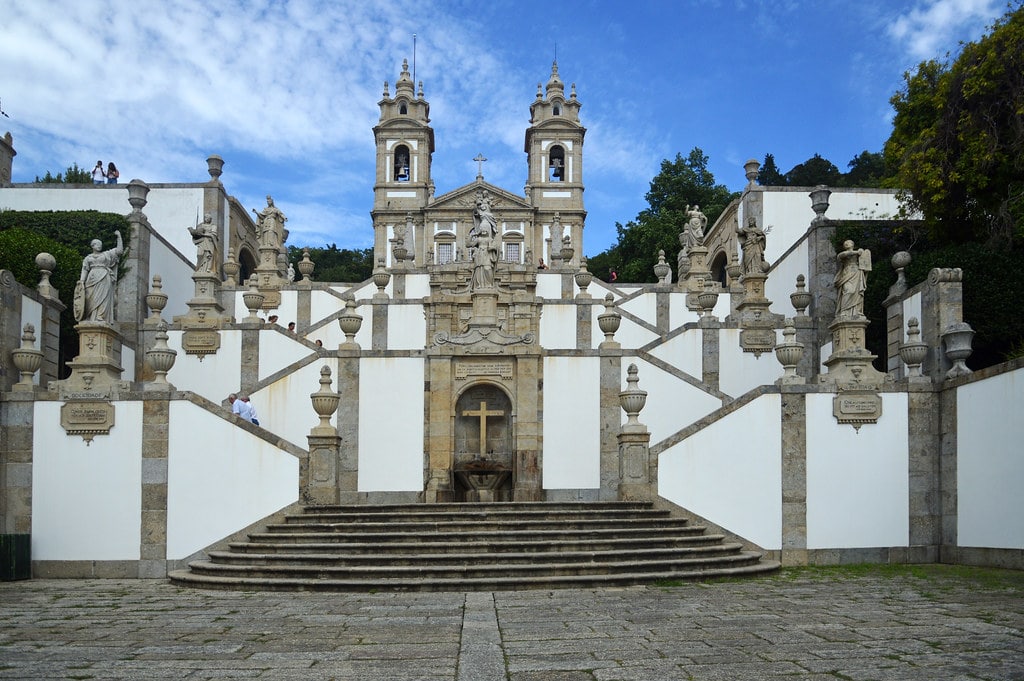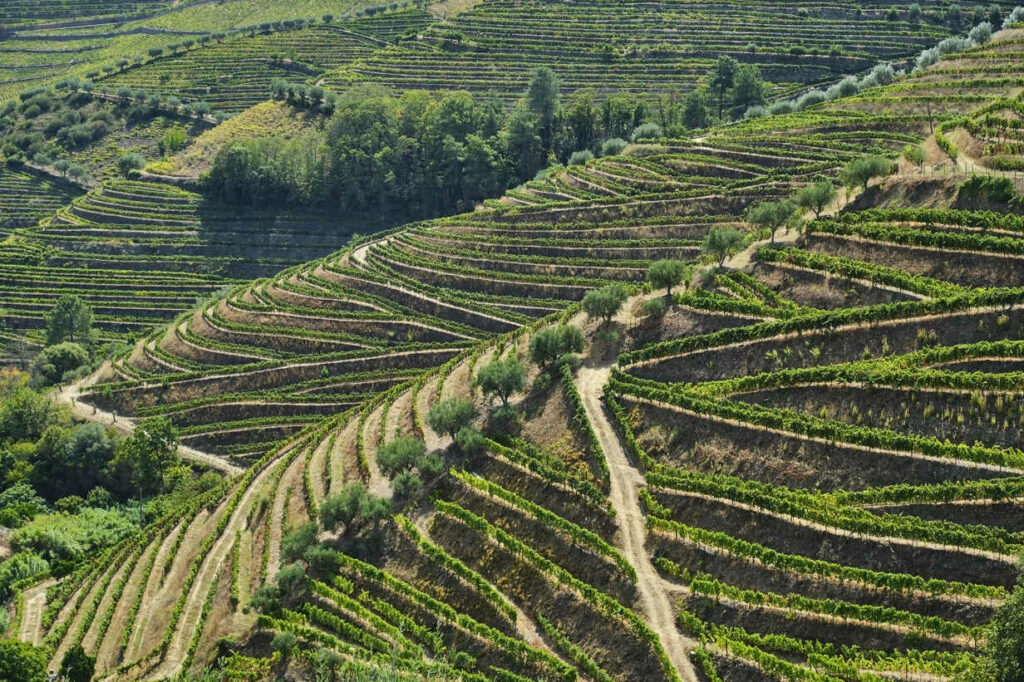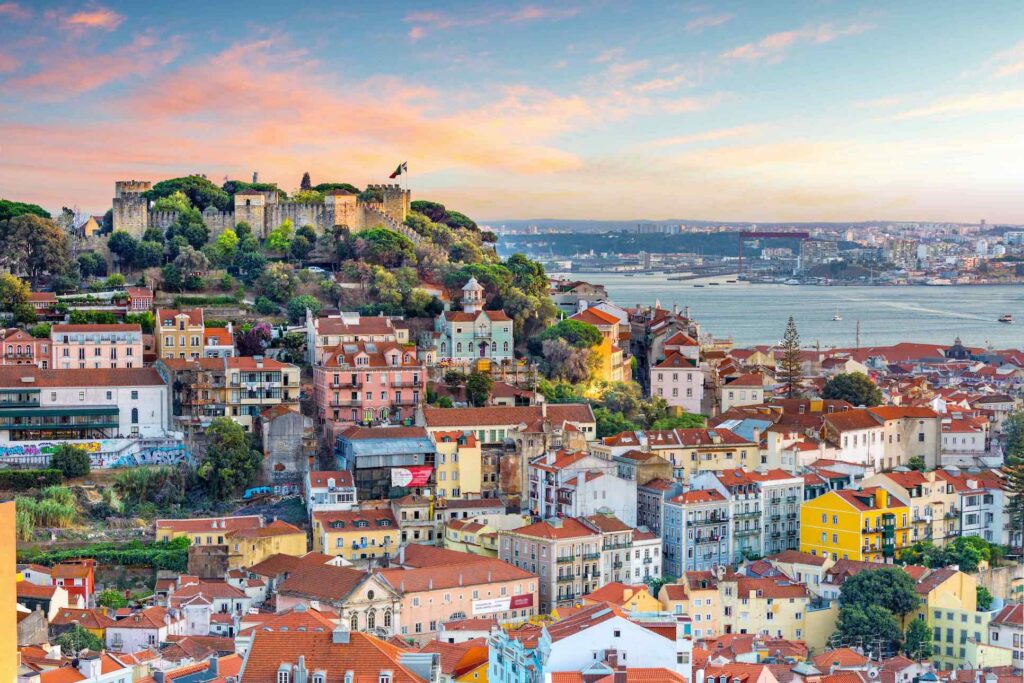Property Tax In Portugal For Non Residents part 2 – Part one is here.
Interesting Facts about Portugal Cultures and Traditions

Portugal is a country located in southwestern Europe. The official language is Portuguese, and the predominant religion is Roman Catholicism. Portugal has a rich culture and traditions passed down for generations. Here are five interesting facts about Portugal cultures and traditions:
A Long History of Seafaring and Exploration
This is one of the first things that come to mind when thinking about Portugal. From the early days of exploration to the Age of Discoveries, Portuguese sailors and explorers were some of the most famous in the world. They traveled to all corners of the globe, discovering new lands and opening up new trade routes.
The Portuguese Are Known For Their Gastronomy
Portugal has a rich and varied cuisine, heavily influenced by Mediterranean and Iberian dishes. Some of the most famous Portuguese dishes include sardines, Caldo Verde (a soup made with kale), and pasteis de Nata (a custard tart). Also, Portugal is famous for its wine, and there are many wineries located throughout the country.
The Portuguese Are a Musical People
Portugal has a long history of producing great musicians and singers. Some of the most famous Portuguese musicians include Amália Rodrigues, António Chainho, and Cesária Évora. Portugal is also home to the prestigious Fado music genre, typically performed by singer-guitarists.
The Portuguese Are a Friendly People
Portugal is known for its warm and hospitable people. In fact, the Portuguese are often referred to as one of the friendliest nationalities in the world. They are always willing to help out a stranger and always open for a good conversation. Also, the Portuguese are known for their sense of humor, which is often quite dry and sarcastic.
Portugal Is a Diverse Country
Portugal is a culturally and ethnically diverse country. There are many different dialects spoken in Portugal, and the country is home to people of all different religions and nationalities. This diversity is one of the things that make Portugal such a unique and interesting place to visit.
The Portuguese Are a Proud People
Portugal is a proud country with a rich history and culture. The Portuguese people are always quick to defend their country and their traditions. They take great pride in their heritage, which is evident in everything they do. However, this pride is also tempered with a sense of humility, and the Portuguese are always willing to learn from other cultures.
The Portuguese Are a Seafaring People
The Portuguese have a long history of seafaring and exploration. This is one of the things that make them such unique people. They have been sailing the seas for centuries, giving them a unique perspective on the world. They are a proud and resilient people, and they have overcome many challenges throughout their history.
Overview of the Best Tourist Attractions in Portugal
There are so many amazing tourist attractions in Portugal that it can be hard to narrow them down to just seven! But, we’ve tried our best, and here are what we believe to be the best. Also, don’t forget to check out our Portugal travel guide for more information on each place.
Sanctuary of Fátima

Located in the municipality of Cascais, the Sanctuary of Fátima is a Catholic pilgrimage site that attracts millions of visitors each year. The sanctuary is dedicated to the apparitions of the Virgin Mary to three shepherd children in 1917. Also, the tombs of Blessed Francisco and Jacinta Marto, two of the three shepherd children, are located at the sanctuary.
The Palace of Pena

The Palace of Pena is a Romanticist castle in Sintra, Portugal. It is considered one of the most beautiful castles in Portugal and is a UNESCO World Heritage Site. The palace was built in the 19th century by King Ferdinand II of Portugal. Aside from this fact, the palace is also known for its colorful and eclectic mix of architectural styles.
Oceanário de Lisboa, Lisbon

The Oceanário de Lisboa is the largest aquarium in Europe and one of the largest in the world. The aquarium is home to more than 8,000 animals from over 500 different species. It is located on the banks of the Tagus River in Lisbon and has been open to the public since 1998.
The Historic Centre of Évora

The Historic Centre of Évora is a UNESCO World Heritage Site located in the city of Évora, Portugal. The site comprises numerous monuments and buildings dating from the Roman period to the 16th century. One of the most notable sites in the historic center is the Cathedral of Évora, built in the 12th century.
Jerónimos Monastery, Lisbon

The Jerónimos Monastery is a monastery in the Belem district of Lisbon, Portugal. It was built in the 16th century to commemorate the exploits of Vasco da Gama and is now a UNESCO World Heritage Site. The monastery is famous for its Manueline architecture, a Portuguese style of Late Gothic architecture.
Bom Jesus do Monte, Braga

The Bom Jesus do Monte is a pilgrimage site in Braga, Portugal. The site is made up of a staircase lined with a chapel, which leads up to a statue of Jesus Christ. The Bom Jesus do Monte is one of the most popular pilgrimage sites in Portugal and receives millions of visitors each year.
Douro Valley

The Douro Valley is a region in northern Portugal known for its wine production. The valley is located in the Porto wine region and is home to dozens of wineries. The Douro Valley was designated a UNESCO World Heritage Site in 2001. Also, the valley is home to several picturesque villages, such as Pinhão and Lamego.
Property Tax Laws for Non-Residents in Portugal
As a non-resident of Portugal, it’s important to be aware of its property tax laws. In this section, we will walk you through seven of the most important property tax laws for non-residents.
- If you are a non-resident of Portugal, you are not obliged to pay property taxes on your main home in the country. This exemption also applies to your spouse and dependents that live with you
- You may be liable for property taxes on a secondary home or investment property in Portugal, depending on its value
- If you are a non-resident of Portugal and own a property that is rented out, you are obliged to pay property taxes on the rental income generated from it
- You may be able to claim a tax credit for property taxes paid on your main home in Portugal if you are resident in another country
- If you sell a property in Portugal, you may be liable for capital gains tax on the proceeds of the sale
- If you inherit a property in Portugal, you may be liable for inheritance tax on it
- If you are a non-resident of Portugal and own a company that owns property in the country, you may be liable for property taxes on that company’s assets.

Frequently Asked Questions about Property Tax in Portugal
Who is responsible for paying property taxes?
The property owner is typically responsible for paying property taxes in Portugal. However, in some cases, the tenant may be responsible for paying these taxes. It is important to check with your local tax authority to determine who is responsible for paying property taxes in your area.
How are property taxes in Portugal calculated?
The amount of property tax owed in Portugal is based on several factors, including the property’s value, the type of property, and the location of the property. Also, any applicable discounts or exemptions may be considered when calculating the amount of property tax owed.
When is the property tax due in Portugal?
The deadline for paying property taxes in Portugal varies depending on the area you live. However, most taxpayers must pay their taxes by June 30th of each year. Besides, there are penalties for those who do not pay their taxes by the due date.
Conclusion
Property tax in Portugal for non-residents can be a daunting task to understand. This article will help to clear up some of the confusion and help you to understand the basics of how it works. Nonetheless, refer to our previous articles to understand the concept of living in Portugal as an expat.


